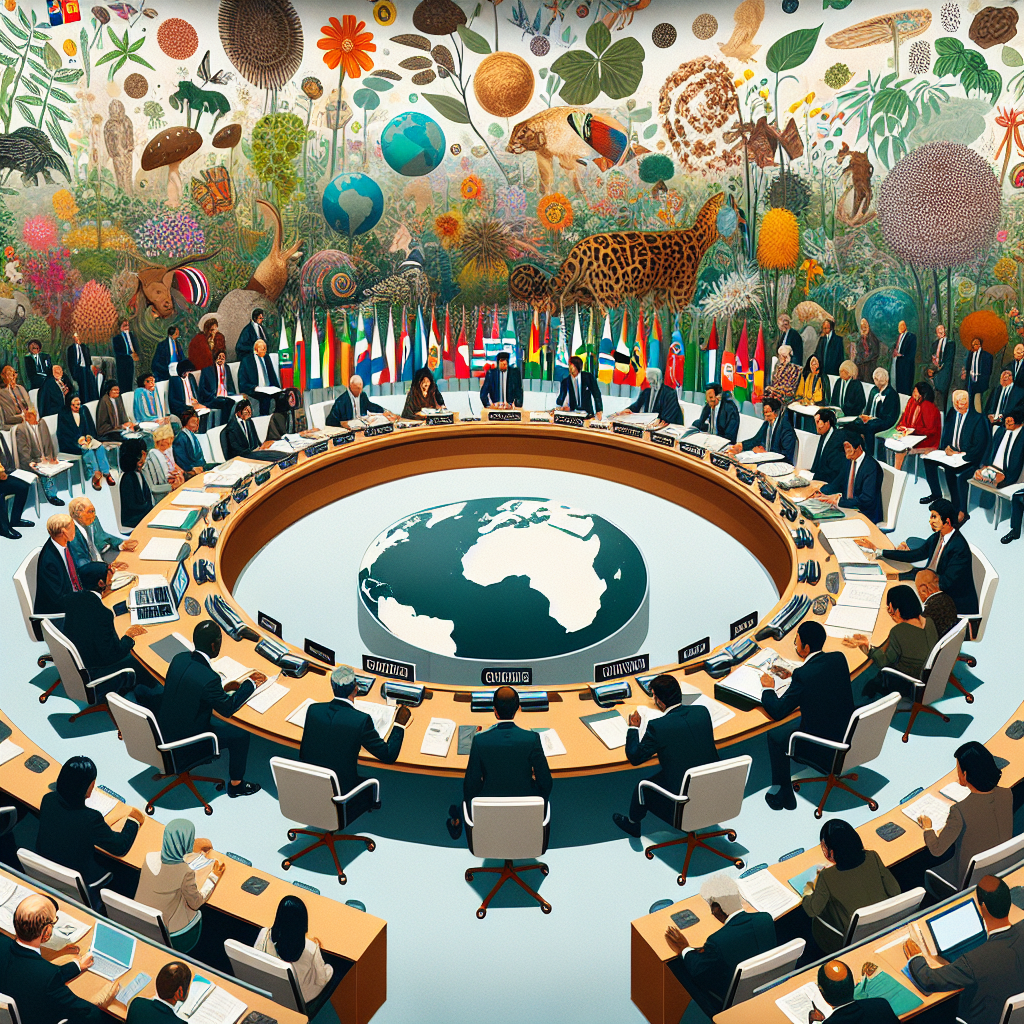The Silent Crisis: How Biodiversity Loss Impacts Our Lives
The rapid decline of global biodiversity, driven by human actions such as overhunting and ecosystem destruction, is affecting human culture, health, and food security. The World Wildlife Fund highlights the interconnectedness between biodiversity and human well-being, emphasizing the urgent need for conservation efforts.

A new report by the World Wildlife Fund highlights a concerning trend: global biodiversity is declining at an alarming rate. The loss is driven by human activities, including overhunting, ecosystem destruction, and climate change, which are deeply impacting human culture and well-being.
Biodiversity plays a crucial role in ecosystem engineering, helping maintain ecological balance. This includes various species' contributions to food security and employment, such as wild animal protein consumption in Africa and global marine fisheries, which are currently under threat.
Researchers emphasize the wide-ranging consequences of biodiversity loss, from the spread of infectious diseases to cultural and psychological impacts. Efforts to preserve nature are critical as the world becomes more vulnerable to climate events, urging an immediate global response.
(With inputs from agencies.)










